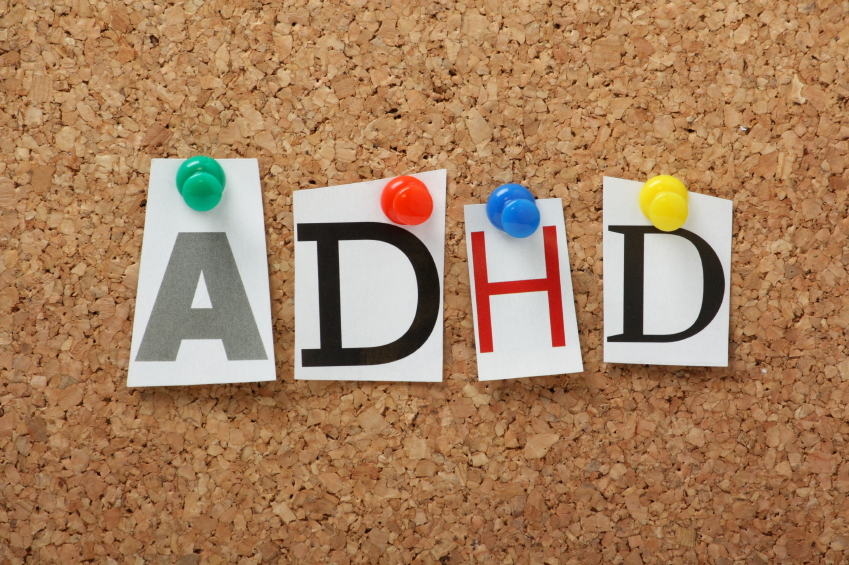ADHD drugs being prescribed to adults has doubled in 10 years prompting concerns over dependency.
More than 1.6 million prescriptions for Attention Deficit Hyperactivity Disorder (ADHD) medication were dispensed in the UK last year – double the figure of a decade ago.
Figures compiled by the BBC’s Victoria Derbyshire programme show NHS prescriptions for ADHD medications rose from 761,763 items in 2007 to 1,654,694 in 2017 across England, Wales and Scotland.
Dr Joanna Moncrieff, a senior clinical lecturer at University College London, has now said that the figures raise concerns over patients feeling dependent on the drugs.
“This is a worrying trend, particularly because of the varied symptoms that come with ADHD there is space for misdiagnosis,” she said.

“There are I believe few long term benefits to being on ADHD medication and we need to look into other ways of helping people, not just giving out pills.
“People end up believing that they need them, they feel dependent on them to function and then become anxious when they might not have access to them anymore.”
ADHD was only officially recognised as an adult condition in the UK in 2008.
The NHS lists the symptoms as impulsiveness, hyperactivity and inattentiveness. It can often lead to connected mental health problems, like severe anxiety or depression.
It is possible to develop ADHD as an adult, after a brain injury for example, but the majority of those diagnosed later in life will have been living with it since birth.

Talking about her treatment Zoe Twin, 21, from Orpington in Kent, was first diagnosed in the middle of her GCSE exams six years ago.
She told the BBC that despite wanting to say she wouldn’t need to be on the medication for her whole life “at the moment it’s what I need.”
Andrea Bilbow, ceo at the National Attention Deficit Disorder Information and Support Service (ADDISS) argued that the changing figures represented the new recognition of the illness in adults explaining: “I wouldn’t say this is a dependency problem, rather a system getting people the support they need.”
Tony Lloyd, chief executive of the charity ADHD Foundation added that the changing figures in fact showed a greater understanding of ADHD and that untreated it can have “a very significant impact on somebody’s health, wellbeing, employability and their life chances.”





